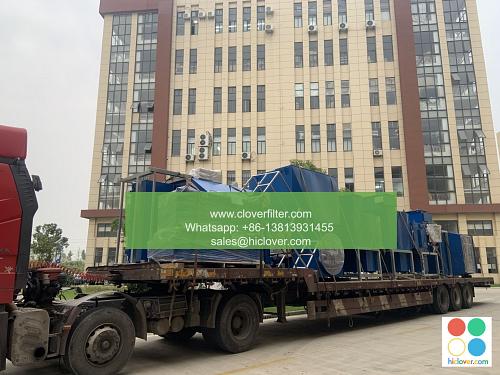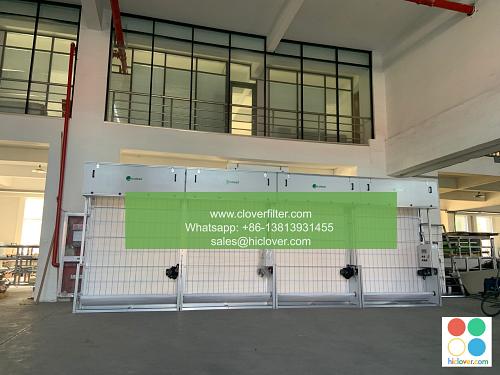The Impact of Air Filter Integrations on Human Health and Productivity

Air filter integrations have become a vital component in maintaining indoor air quality (IAQ) and promoting occupational health and safety in various settings, including commercial buildings, industrial facilities, and residential homes. The incorporation of advanced air filtration systems has been shown to have a significant impact on human health and productivity, making it an essential consideration for facilities management and building design.
Indoor Air Quality and Health
Poor IAQ can lead to a range of respiratory problems, including asthma, allergies, and other cardiovascular diseases. The presence of particulate matter (PM), volatile organic compounds (VOCs), and other gaseous pollutants in indoor air can exacerbate these conditions, making it essential to implement effective air purification systems. By integrating high-efficiency particulate air (HEPA) filters, activated carbon filters, and other air cleaning technologies, building owners and managers can significantly reduce the presence of these pollutants and promote a healthy indoor environment.
Productivity and Cognitive Function
In addition to the physical health benefits, air filter integrations can also have a positive impact on cognitive function and productivity. Studies have shown that workers in well-ventilated offices with clean indoor air tend to be more focused, motivated, and productive than those in poorly ventilated spaces. By removing airborne distractions and promoting a comfortable indoor climate, air filter integrations can help to boost employee performance and enhance overall business operations.
Application Areas
The benefits of air filter integrations can be applied to various settings, including:
- Commercial offices: Improving IAQ and promoting employee health and productivity.
- Industrial facilities: Reducing the presence of hazardous air pollutants and promoting worker safety.
- Residential homes: Enhancing indoor air quality and promoting family health and well-being.
- Healthcare facilities: Maintaining sterile environments and preventing the spread of airborne infections.
- Schools and universities: Promoting healthy learning environments and supporting student performance and development.
Emerging Trends and Technologies
The air filter integration market is continuously evolving, with emerging trends and technologies focused on energy efficiency, sustainability, and advanced air purification. Some of the key developments include:
- IoT-enabled air filtration systems: Allowing for real-time monitoring and optimization of IAQ.
- Advanced nanofiltration technologies: Providing high-efficiency filtration and minimal pressure drop.
- Biophilic design and natural ventilation: Incorporating natural elements and ventilation strategies to promote indoor-outdoor connections and wellness.
In conclusion, the impact of air filter integrations on human health and productivity is significant, with far-reaching benefits for occupational health and safety, cognitive function, and overall well-being. By incorporating advanced air filtration systems and promoting healthy indoor environments, we can create thriving spaces that support human performance and productivity. As the market continues to evolve, it is essential to stay informed about emerging trends and technologies, and to prioritize air quality and filtration in building design and operations. You haven’t asked a question or provided any context. What would you like to talk about or ask? I’ll do my best to provide a helpful and direct response.


